POSTS
Heroics, Systems, and Accountability
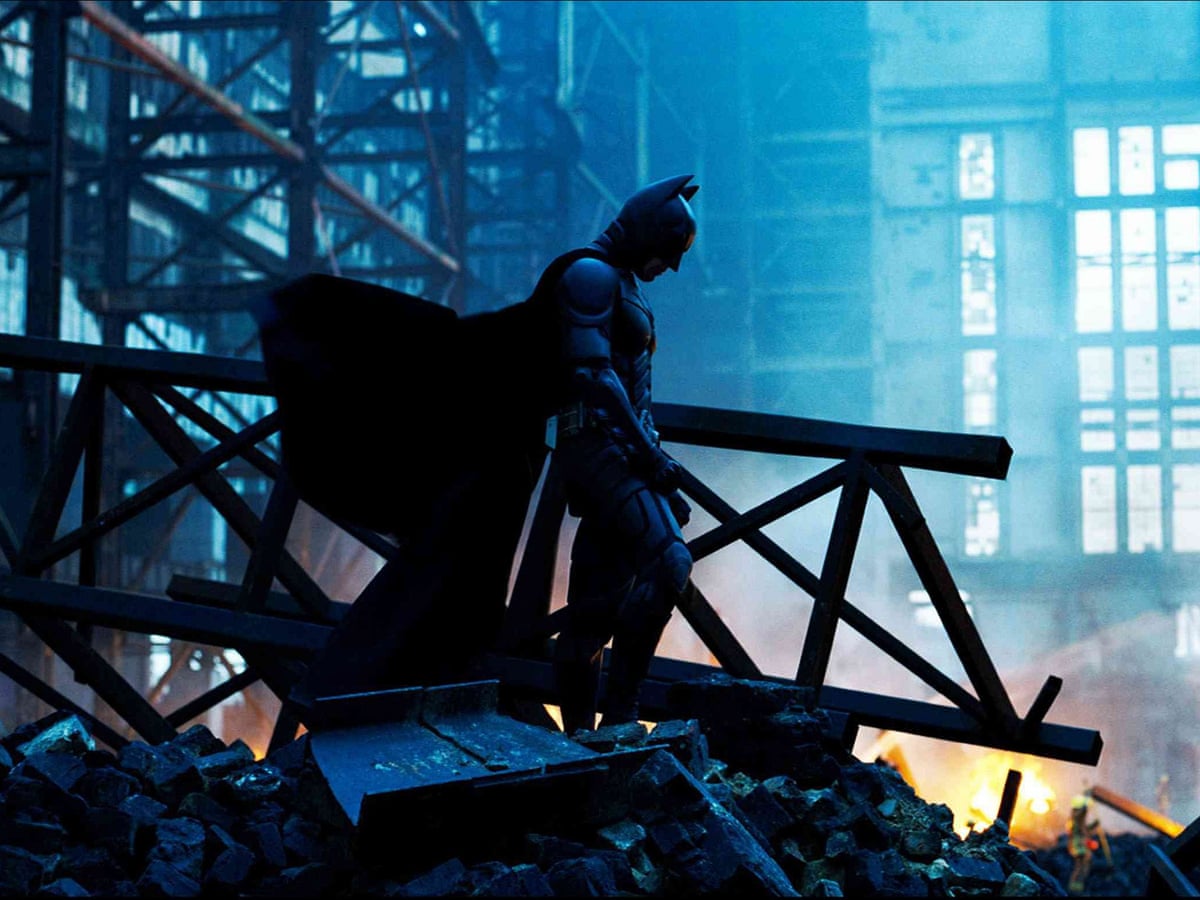
A crisis summons heroes.
We see it in stories, folklore, and mythology.
Mild-mannered journalist Clark Kent transforming into Superman. Hua Mulan enlisting in place of her father. Savitri bargaining with death itself.
We see it in organizations.
Nurses stretching themselves to meet unsafe staffing ratios. Operations Engineers constantly resolving incidents in unpatched, unstable infrastructure. Essential workers enforcing mask and vaccine mandates.
These are employees who take on new roles when the system can no longer handle a crisis - either too new, too large, or, worst of all - designed intentionally with a hero in mind.
There is no hero without a crisis, and a crisis is what defines and shapes heroes.
I’d like to go through aspects of mythological and fictional heroes - and their similarities and differences in expectations we put upon modern day heroes - real, living human beings - and how this fails them.
There’s a million articles written on this. But this is my own take from working over a decade in organizations providing software as a service and during that time both seeing others take on heroics, and participating in those roles myself.
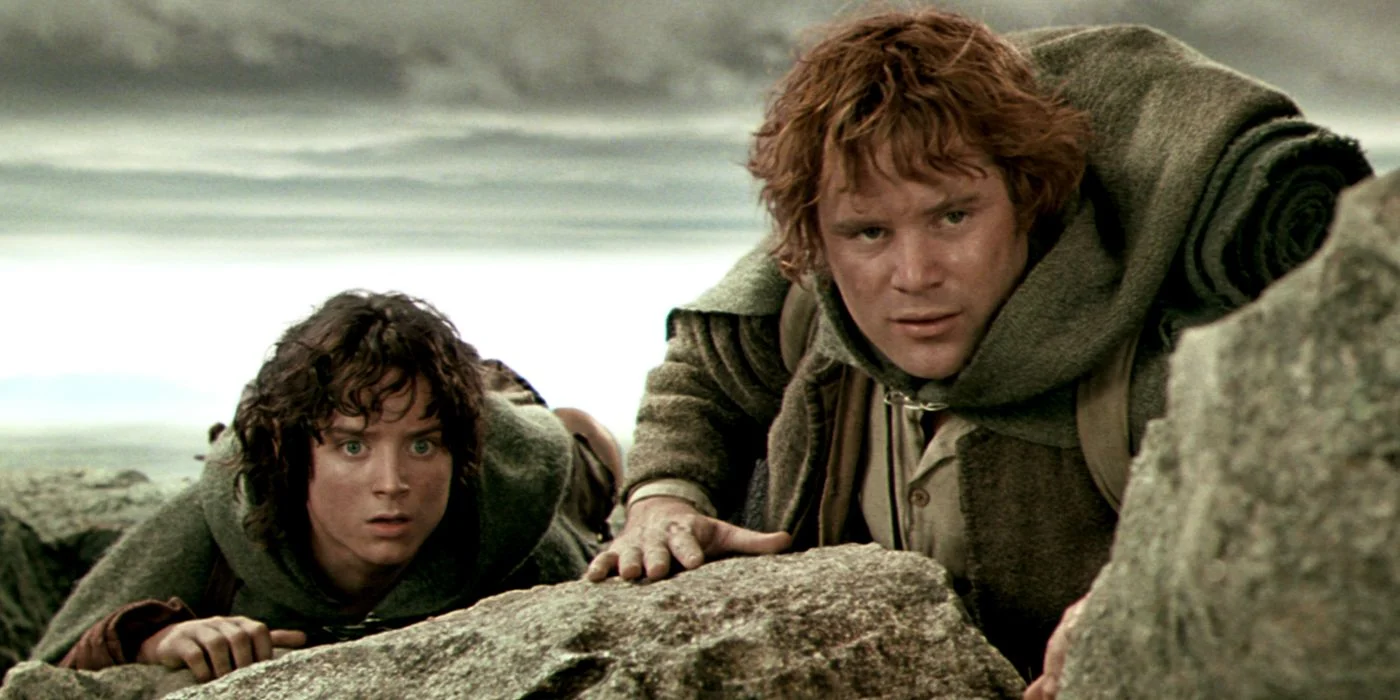
“A hero ventures forth from the world of common day into a region of supernatural wonder: fabulous forces are there encountered and a decisive victory is won: The hero comes back from this mysterious adventure with the power to bestow boons on his fellow man.”
- Joseph Campbell, The Hero With a Thousand Faces
Joseph Campbell, a comparative mythologist, describes commonalities among cultural myths: a cyclical heroic journey with a shared start and end point. Closure is achieved. The problem is resolved. The hero comes back to “bestow boons on his fellow man”.
This is a functioning system. The hero receives help from a mentor, a trial is won, and the hero returns to bestow the boons. Notice that the hero isn’t stuck in limbo fighting battles.
The problem in modern day organizations is that our heroes are stuck in dysfunctional systems - mockeries of the cycle they should become, but left mid cycle to burnout or die.
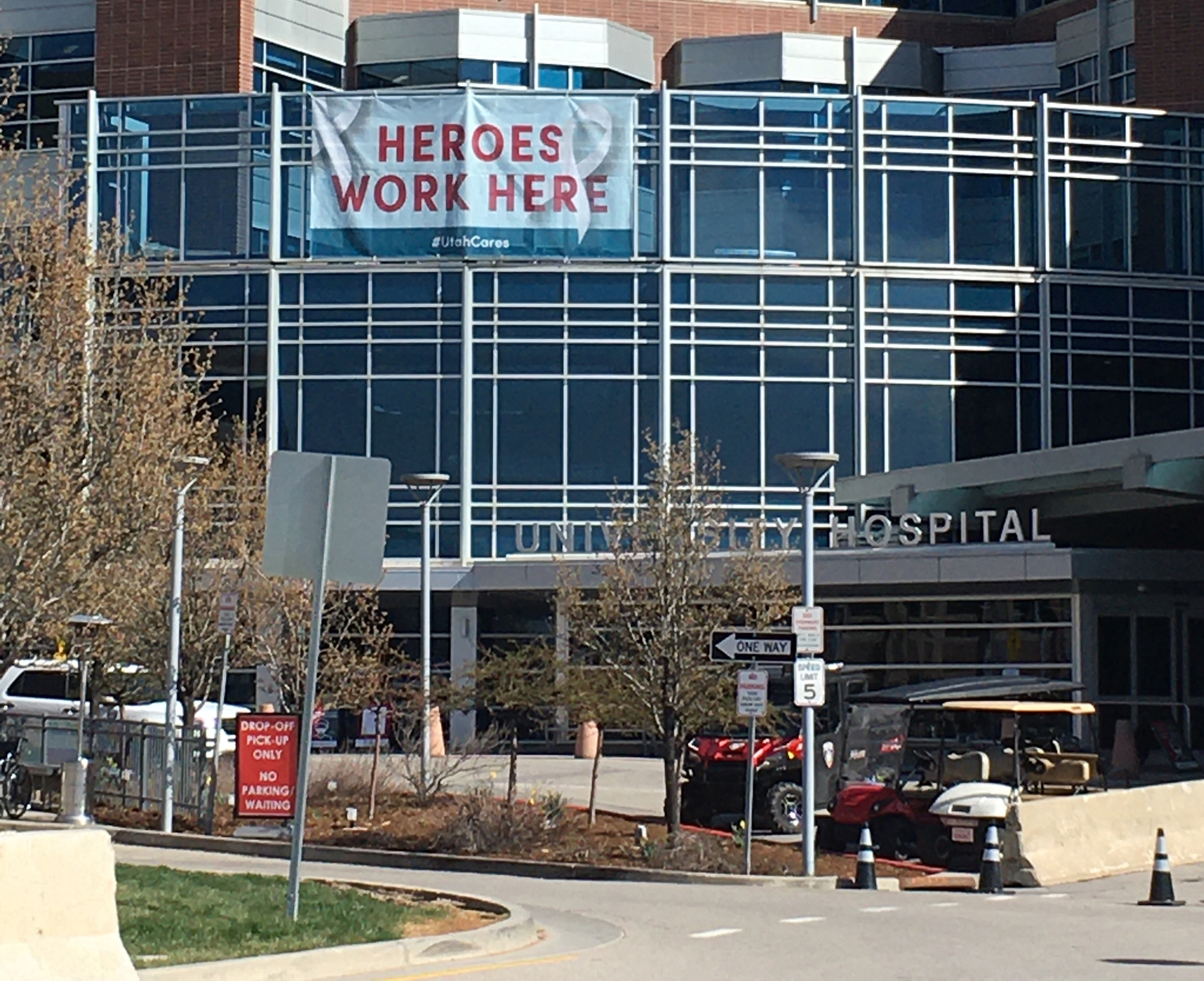
Look… whoever the Batman is, he doesn’t want to do this for the rest of his life. How could he?
- Harvey Dent, The Dark Knight
When the pandemic started, some rosy projections thought that everything would be over by the end of Summer 2020. We’d be pushing our healthcare workers to the limit until then, but as we’re taking some precautions to flatten the curve, the thought was that this would be akin to the heroic journey: a trial that these professionals would be volunteering for and would be able to bring back knowledge and experience for future pandemics.
Once we realized that the pandemic wouldn’t be done in a couple months, nothing changed about the expectations we were placing on healthcare workers dealing with the COVID surge. The expectations got built into the system.
The heroes analyzed in comparative mythology are completely unlike the people society likes to brand heroes.
There’s no decisive victory against the pandemic - only ever increasing apathy from the public. No mentors or opportunities to come back to bring knowledge to humanity.
The cycle never completes and burnout begins to set in.
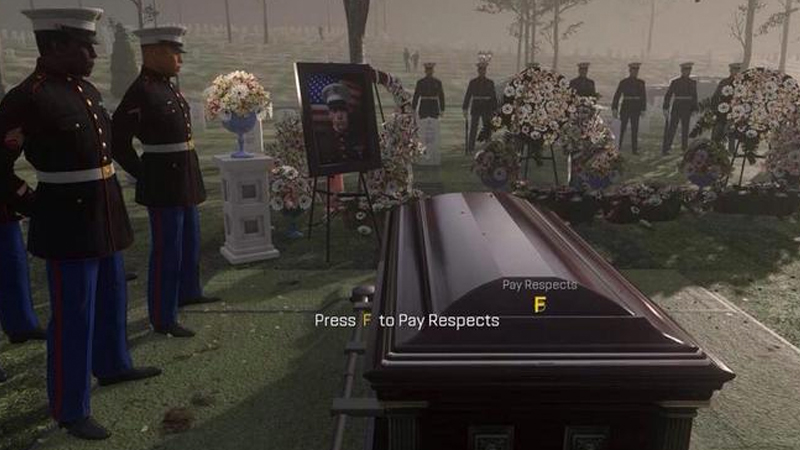
We’re just clones, sir. We’re meant to be expendable.
- Sinker, Star Wars: The Clone Wars
Today, heroes in organizations are cycled through like cheap candles. They burn themselves out, sacrificing themselves in order to keep the lights on, figuratively and literally, for another day.
https://www.vox.com/22439911/doctors-mental-health-suicide-coronavirus-pandemic
Calling people heroes dehumanizes and degrades them to… a hero. It absolves our systems and society of responsibility. It makes them disposable.
It’s far cheaper to slap “hero” on a casket than to solve the problems. That requires no work. No change to our systems. No introspection. The status quo continues.

This world doesn’t need a hero. It needs a professional.
- Geralt of Rivia, The Witcher
How do we fix this?
The first part of solving a crisis is recognizing there is one.
As an example, let’s break down incident response in an organization by levels of maturity
- Volunteers step up. With no system in place to tackle the cause of incidents, they escalate over time.
- Volunteers become heroes in practice. Heroes then burn out, leave the role, and other volunteers become heroes in their stead.
- Heroes are recognized for their efforts - but no more than that. The incidents continue to increase in size and scale, and no attempt is made to resolve the incidents in any other way.
- System is put in place to decrease severity of incidents before they become an issue. Heroes train others to handle incidents and resources are put into solving the source of incidents.
- Multiple people are trained in the incident response, and resolution begins to address the symptoms of the incidents. Incidents become infrequent, the burden is shared, and heroes retire from their role.
Maturity level 3 is the inflection point where an organization realizes that there’s a problem that needs solving. However, I’ve seen organizations stay at levels 1 and 2 for far too long. We need to get to this inflection point faster.
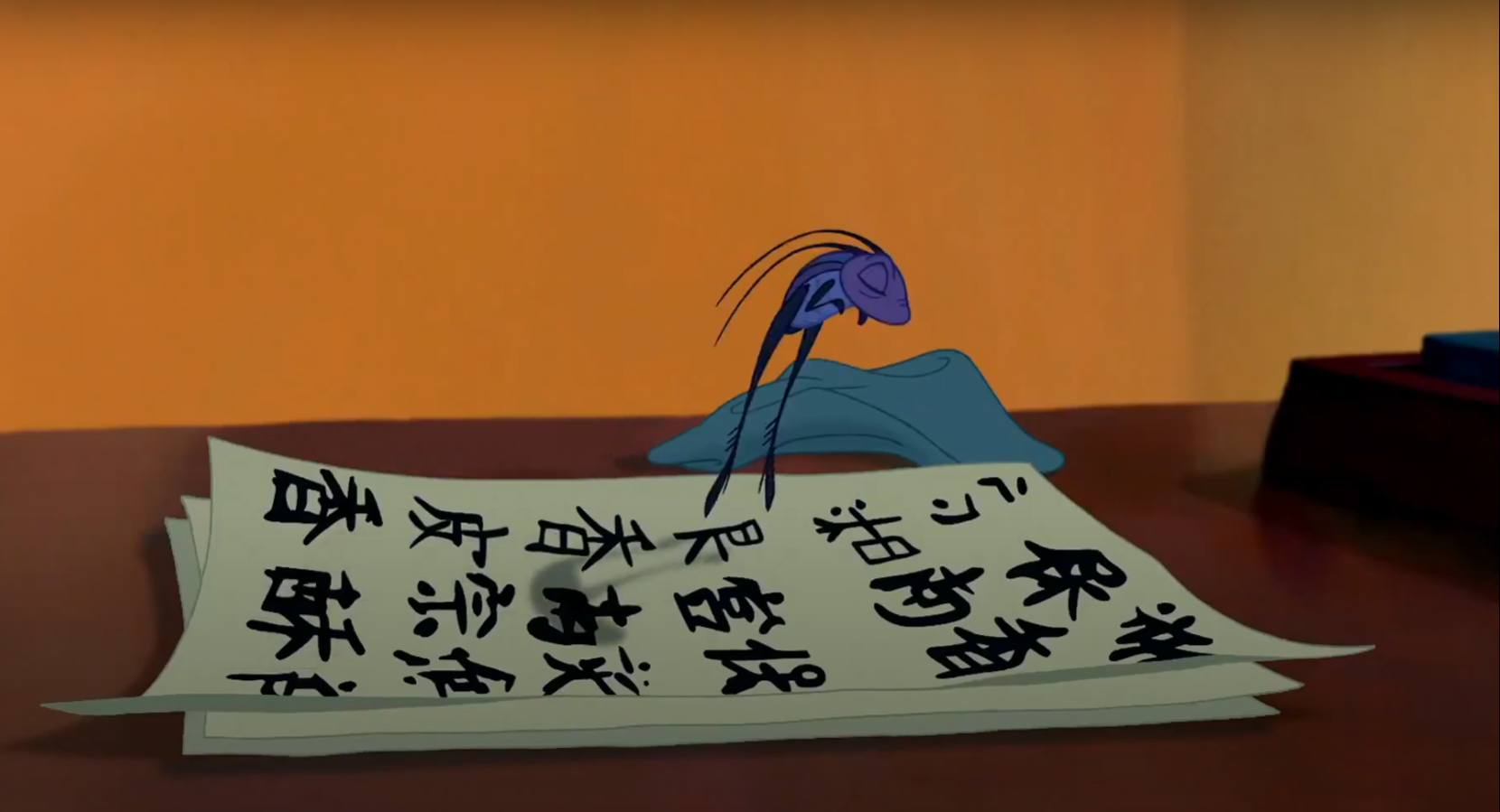
When you assign a story, you’re making a choice about who matters, and who’s worth it
- Clark Kent, Batman vs Superman
Documentation makes the crisis impossible to ignore.
Document the crisis, if necessary.
Document the heroics - timestamps and extraordinary measures such as controls that have to be suspended.
In many cases, it unfortunately means heroes have to step back to document. Make this a condition of heroics, and do not relent. For something like incident response, it means keeping a record of incidents and the effort needed.
The flipside to this is a strong, free, and responsible press. Journalists cover the gaps our most vulnerable heroes cannot and are essential to exposing heroics, and the press is the only private organization with enumerated rights in our Bill of Rights. This is no accident.
Very often, strong investigative journalism forces politicians to take action. The articles I’ve referenced are among those lending credence to bill S.1567 - Nurse Staffing Standards for Hospital Patient Safety and Quality Care Act of 2021.
This is the critical first step for a process that allows heroes to step off. Without evidence, it becomes impossible to convince those not involved in the heroics what sacrifices are needed to hold off the crisis.
The role of the hero is not to perform heroics, but to no longer be a hero.
This is how our heroes - modern day living, breathing humans - overcome their trials and return back to the mundane world to complete their hero’s journey.